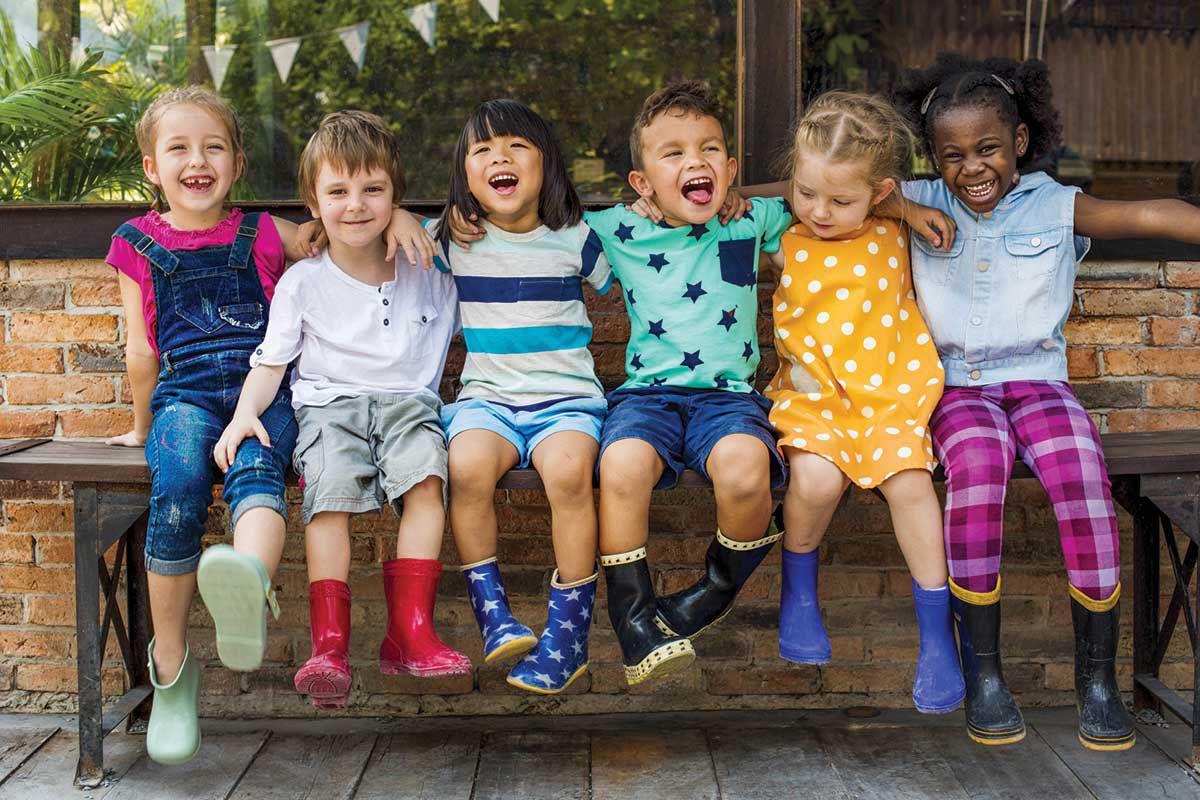At this time of year, thoughts turn to what children will do next summer. Going to camp is a prime contender. Children learn life skills at camp that become habits of the heart.
A mother wrote that her family was on a ski trip. The son got to the top of a steep hill and started to panic. The mom said, “What would you do if you were at camp?” He proceeded to engage himself in positive self-talk that was part of the camp culture: “It may take time, it may be hard; but stick with it, and you’ll be fine!” He skied down with a huge sense of accomplishment and perseverance.
It’s tough to be a kid these days. It’s tough to be a parent.
In a society where nature of the family, the workplace and the community have changed dramatically, we no longer can assume that the natural process of growing up will provide children with experiences and resources they need to become successful, contributing adults.
In sharp contrast to traditions of growing up in 1950s and '60s, today we live in a moment when more information is gathered second-hand than in the first person. In this climate, where it is hard to know what we need to survive, the greatest gift to give a young child is how to draw on experiences that provide healthy alternatives and opportunities that let them thrive.
Camp provides a link to a world larger than the consumer culture we inhabit. The camp experience helps children and youth develop an appreciation of their place and their responsibility in a much larger universe.
Day camp is an important choice in a quiver of options. A preschooler or older child who might be reluctant to go to overnight camp can join a community created especially for him or her to practice growing up. Why wait until age 10 to reap the benefits of feeling connected and the ability to contribute and navigate the world?
Under camp supervision of inspiring guides and passionate coaches, children feel successful and make new friends while having the time of their lives. They experience belonging and contribution. They acquire a sense of consistency and predictability to apply in times of turbulence and change.
Day camp, an option as early as age three, is geared to children who experience camp and still return home each evening or even within a few hours every day. They experience the best of both worlds: a camp community built exclusively for kids and their own home which provides the security they need at a tender age.
One day-camp parent said, “While my children and I are constantly bombarded by the news which is focused on what is wrong with the world, camp is a living example of what is right.”
Beginning camp at an early age provides important advantages. Parents should assess that an option they are considering ensures their children feel included, cared about and capable. Day camp is reminiscent of less complicated days when people connected with nature, thrived on inter-generational relationships and made new discoveries.
Camp demonstrates moral and spiritual order where children learn life skills and behaviors that become habits. While many children move on to overnight camp, others will be content to continue day camp or apply the experience to other pursuits. After all, there is a camp for everyone at a certain time and age – and that might well be day camp in 2018.
Material is written by Marla Coleman, parent liaison and past board chair of the American Camp Association Inc., who is a co-owner of Coleman Family Camps in Burlington, N.Y. ACA (www.ACAcamps.org) is a national organization with more than 10,000 individual members and nearly 3,000 member camps. It is committed to collaborating with those who believe in quality camp and outdoor experiences for children, youth and adults and accredits approximately 2,400 diverse camps nationally.


